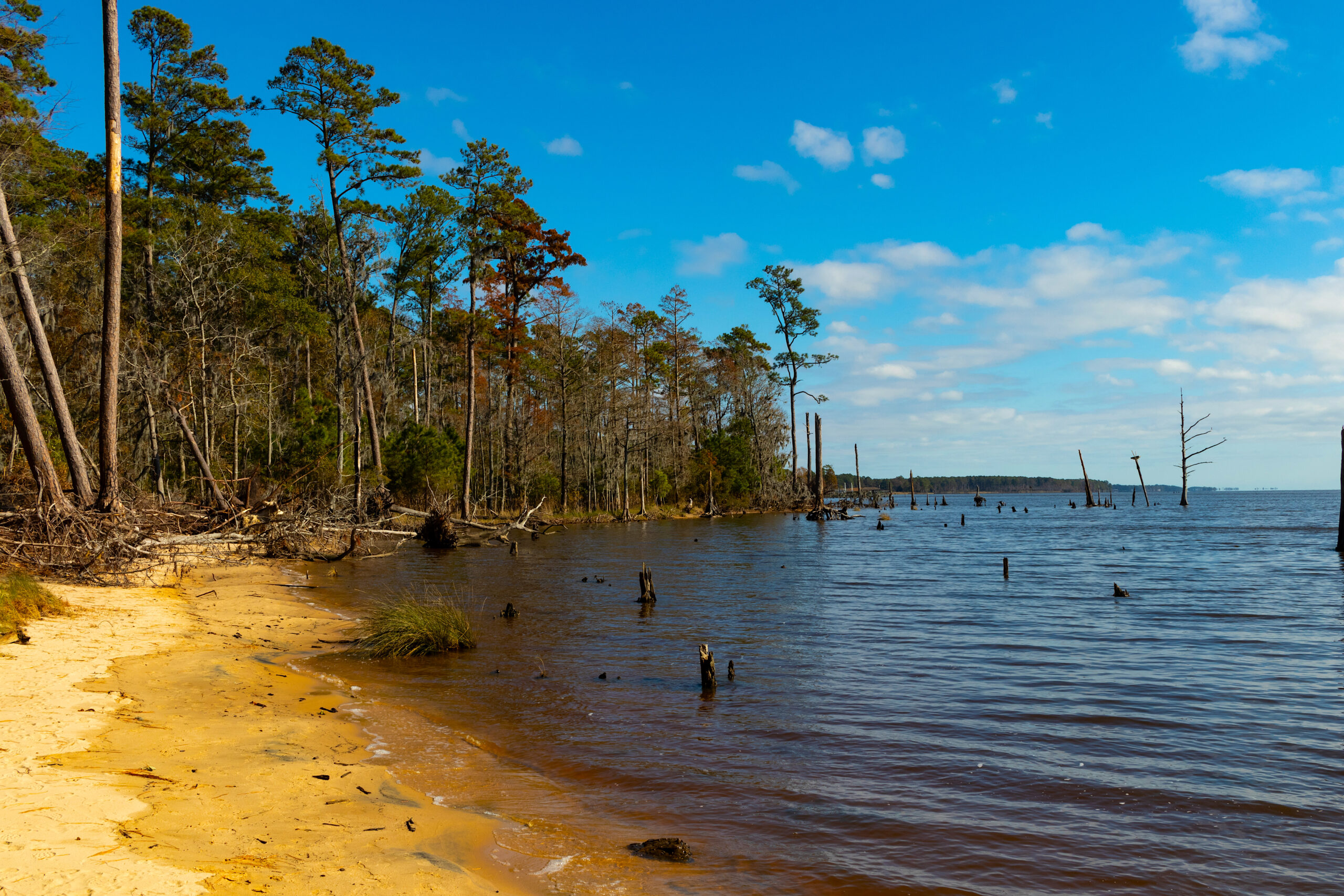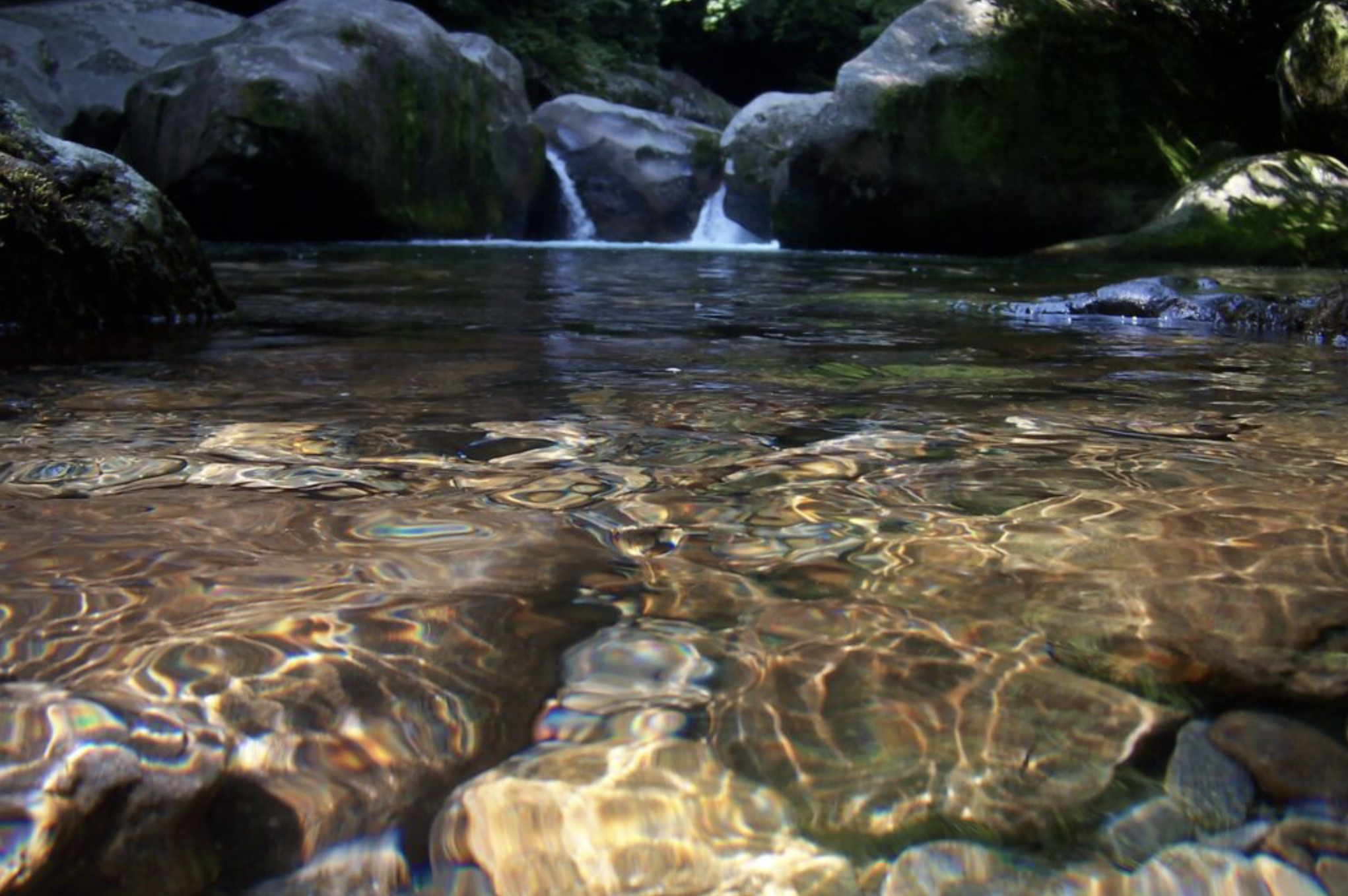New Joint Fellows Tackle Statewide Water Challenges
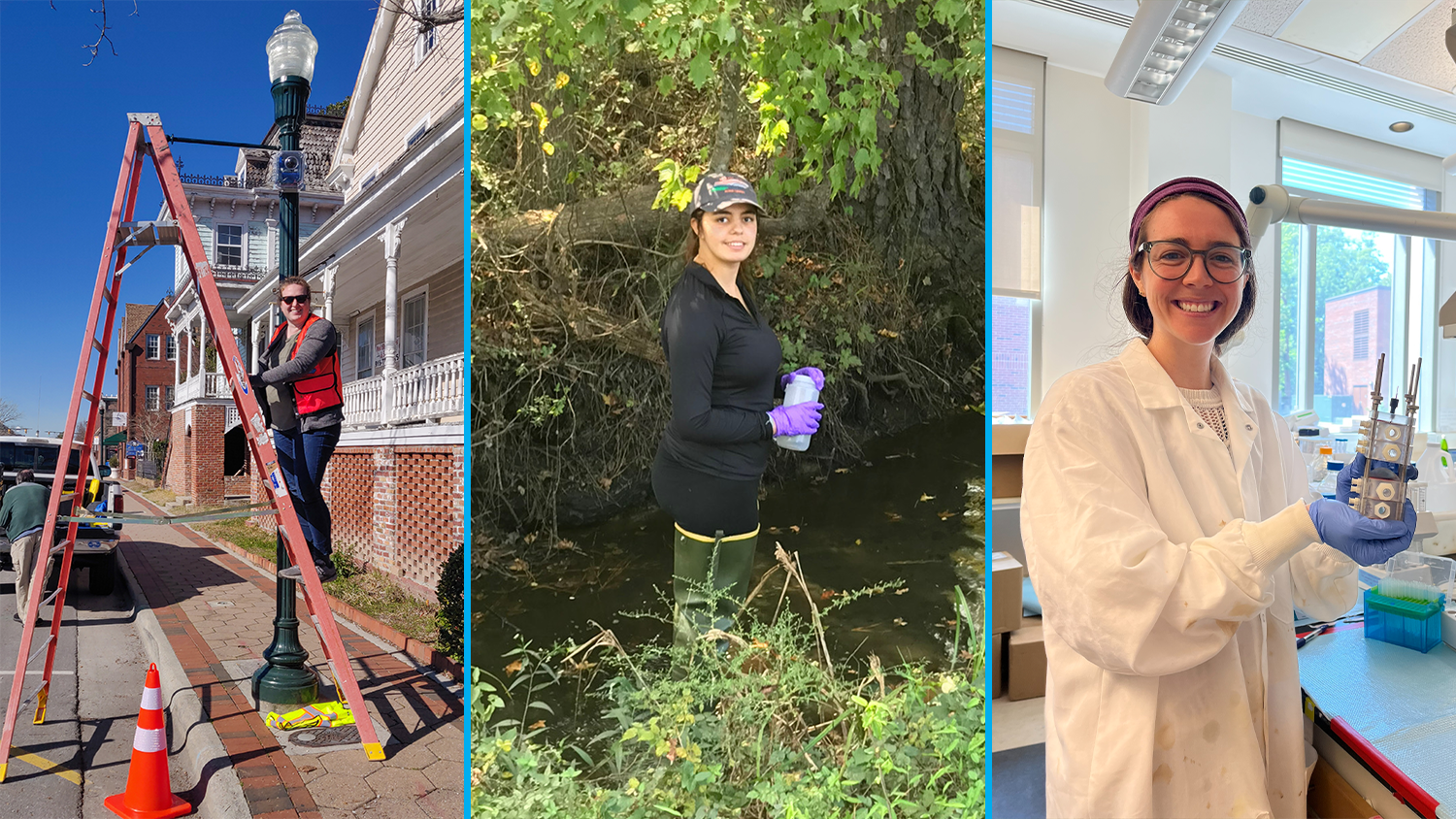
Above, left to right: Lauren Grimley installs a sensor to measure water in the storm drain and capture images of roadway flooding in real-time in New Bern, North Carolina, as part of the North Carolina Sea Grant-funded Sunny Day Flooding Project; Emine Fidan collects flood water samples from Hurricane Florence for her research project; and Holly Haflich puts together the electrochemical cell she will use for selective PFAS removal from natural waters.
By Justin Lindemann
Five graduate students across North Carolina recently began new coastal and water-resource fellowship projects. Four of these are funded jointly by the North Carolina Water Resources Research Institute and North Carolina Sea Grant. The Urban Water Consortium, facilitated through NC WRRI, is funding the fifth project. These students’ topics ranged from flooding and oyster reef restoration to PFAS removal methods and alternative water supplies.
“This group of projects will provide much-needed insight for several grand challenges facing our state. The quality of proposals and projects generated by our state’s universities continues to impress me,” says John Fear, deputy director for the NC WRRI and North Carolina Sea Grant programs.
The fellows are current graduate students at North Carolina State University, the University of North Carolina at Chapel Hill and East Carolina University.
Sea Grant and WRRI Joint Funding
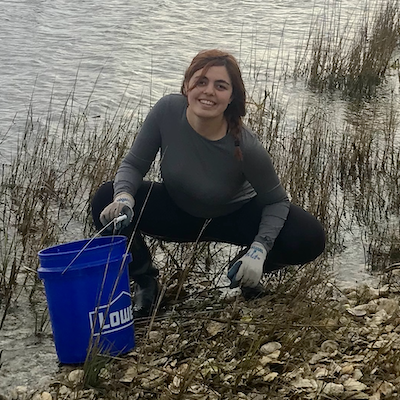
Emine Fidan, a doctoral student in biological and agricultural engineering at North Carolina State University. Her advisor is Natalie Nelson and her project is “Advancing Understanding of Flood Water Quality Distributions and Drivers through Statistical Modeling.”
Fidan’s research focuses on modeling flood water quality from Hurricane Florence. Hurricanes bring a lot of rainfall with it and when that rainfall runoff flows into streams and rivers, it typically carries pollutants on the land with it. These pollutants have the potential to harm environmental health and negatively affect people who come into contact with floodwaters, so her goal is to analyze what is in the water and understand what factors influence the flood water quality.
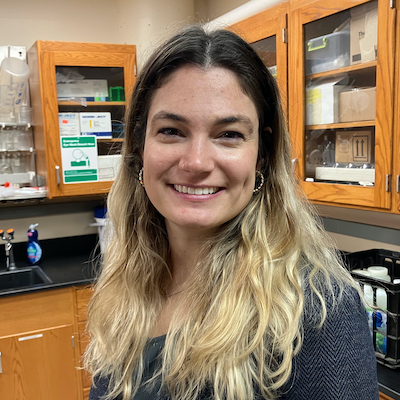
Tiffany VanDerwerker is a doctoral student in marine, earth and atmospheric sciences at North Carolina State University. Her advisor is David Genereux and her project title is, “Assessing Water Quality in the Upper Cape Fear Aquifer, a Potential Alternate Drinking Water Source for Chemours-Area Residents.”
Elevated per-and polyfluoroalkyl substances (PFAS) concentrations have been observed in thousands of private drinking water wells near a fluorochemical manufacturing plant in Fayetteville, NC. This study will assess deep wells in or below the Upper Cape Fear Aquifer as a potential alternate source of high-quality, PFAS-free drinking water. In her research, VanDerwerker will collect groundwater samples from deep private drinking water wells in the area and analyze samples for a wide range of constituents to evaluate water quality in these wells.
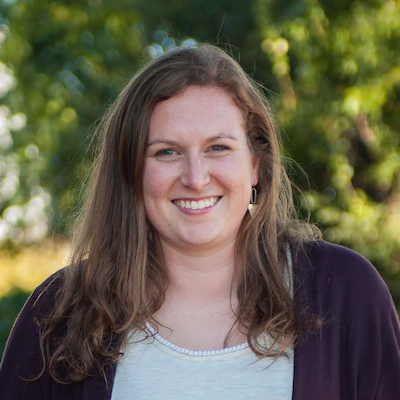
Lauren Grimley, a doctoral student in earth, marine and environmental sciences at the University of North Carolina at Chapel Hill. Her advisor is Antonia Sebastian and her project is entitled, “Determining the Relative Contribution of Nuisance Flooding to the Risk Profiles of Estuarine Communities under Current and Future Climate Conditions.”
Grimley’s research focuses on improving flood hazard and risk Information in coastal communities in eastern North Carolina. She determines where and how deep flood waters are using water level measurements from storm drain sensors and a physics-based flood model that considers multiple drivers of flooding (e.g., streamflow, rainfall, tides, and storm surge). Using the flood model and climate projections, she is investigating how increased precipitation and sea level rise can impact the frequency and severity of nuisance and extreme floods to identify who (or what) is exposed to flooding now and will be in future climate conditions.
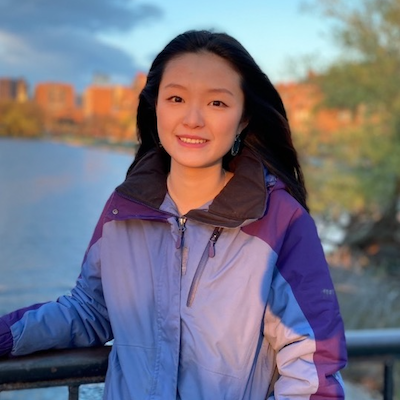
Georgette Tso, a doctoral student in coastal studies at East Carolina University. Her advisor is Siddharth Narayan and her project is, “Integrating Hydrodynamic and Ecological Modeling to Optimize Oyster Reef Breakwater Designs for Ecological Success and Coastal Resilience Benefits.”
Tso studies oyster reefs and their potential for providing coastal protection benefits as well as ecological benefits. Using DIY low-cost wave gauges, she measures wave attenuation across oyster reefs in Taylor’s Creek, North Carolina. The study results will inform design and deployment guidelines for optimizing oyster reef performance in protecting shorelines.
Urban Water Consortium Funding
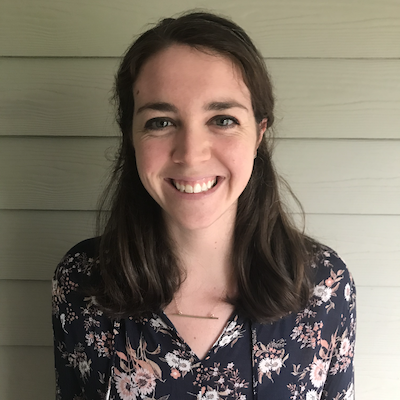
Holly Haflich is a doctoral student in environmental sciences and engineering at University of North Carolina at Chapel Hill. Her advisor is Orlando Coronell and she will be researching, “PFAS Removal from Natural Water through Electrodeionization Equipped with Novel PFAS Selective Resins.”
Per- and polyfluoroalkyl substances (PFAS) are a class of toxic, anthropogenic chemicals that are present in natural water sources throughout North Carolina. Conventional drinking water treatment methods do not selectively remove PFAS from water sources which leaves PFAS present in treated drinking water. Haflich’s work proposes the development and synergistic use of novel membranes and sorbents, or absorbent materials, for the selective removal of PFAS from water.
The North Carolina Water Resources Research Institute is a federal-state partnership with support from the U.S. Geological Survey in the U.S. Department of the Interior. North Carolina Sea Grant is a federal-state partnership with support through the National Oceanic and Atmospheric Administration in the U.S. Department of Commerce.
To find more information about this and other funding opportunities, visit the North Carolina Sea Grant and the WRRI funding pages.
- Categories:

